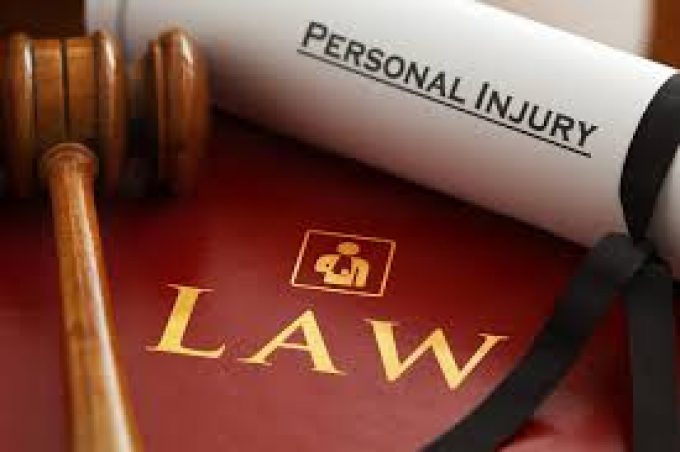An individual who sustains brain or spinal damage due to the carelessness or negligence of another person/entity may file a personal injury claim to attain compensation for the damages. Brain and spinal injuries can be caused by many different kinds of accidents or misconduct, such:
- Medical Malpractice (e.g. diagnostic and surgical errors)
- Birth Trauma (e.g. cerebral palsy)
- Defective goods (e.g. malfunctioning equipment or machinery)
- Premises Liability (e.g. dangerous conditions on property)
- Workplace injuries (e.g. slip and fall accidents)
- Car crash or collision (e.g. whiplash and traumatic head injury)
There are several different types of compensatory elements to consider while dealing with a personal injury case involving severe brain and/or spinal damage. It is crucial to acknowledge that the claimant must demonstrate that someone else was at fault and that they are entitled to be reimbursed for the evident loss. Personal Injury Attorney in New Orleans, LA, can help you build a strong case and reach a favorable settlement; they can also represent you in court if the case escalates to litigation.
The list below is not all-inclusive but it covers the common forms of compensation available for brain and spinal injuries:
Pain and Suffering
Anyone who incurs a serious brain or spinal injury is expected to experience excruciating pain; in most cases the damage is long-term or permanent, which means the suffering continues for the rest of their life. Since the person themselves is not the cause of their pain, they deserve to be compensated for the resulting hardships. It is difficult to determine a reasonable reward for a person’s pain and suffering. No two cases of such injuries are identical, so the verdict depends upon presented facts, evidence, and circumstances.
Medical Treatment
People who have suffered a blow to their head or backbone usually require immediate medical attention and intensive healthcare. The cost of medical treatment and prolonged therapy can be difficult to afford, despite having healthcare insurance. Victims and their families have to take upon massive debt in order to pay for recovery. For this reason, the claimant is eligible to receive compensation for medical bills from the liable party.
Lost Income
Claimants suffering from brain or spinal injuries are at least temporarily incapacitated, which means they cannot return to work for a significant amount of time. In some cases, the victim’s capacity to work is diminished eternally, so they cannot resume a previous job. Lost earnings are easy to calculate for someone with a history of consistent employment or particular occupation; the task is a bit complicated for personnel who haven’t worked very long or changed jobs frequently in the past. Nonetheless, missed earnings are calculated with respect to a person’s career prospects, and the defendant has to pay that sum.
General Care and Assistance
In addition to medical treatment, most people who have suffered catastrophic brain and spinal injuries will need some level of mental and physical assistance to go about their daily lives. Permanent damage or disability may deprive them from a normal life, so they can no longer carry out activities they were previously capable of. More than often care and support will be given by friends and family without charge, but these people have a right to compensation for their time and effort. At times, services of a trained person or professional are compulsory for the wellbeing of the patient.
People who suffer from traumatic brain and spinal injuries may need to adapt with drastic changes in lifestyle. They might require modified accommodation and transport, aside from medical equipment or devices to accomplish common tasks and survive. The cost of these added amenities to make their life comfortable are to be afforded by the defendant as part of the personal injury settlement.


